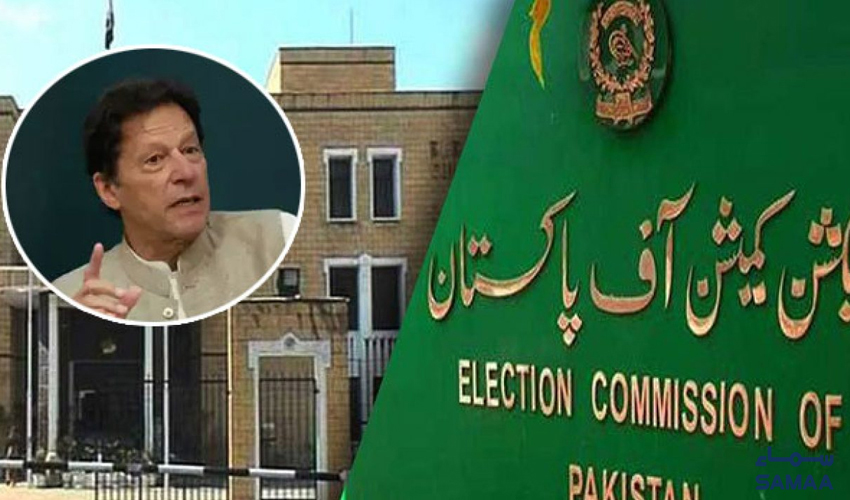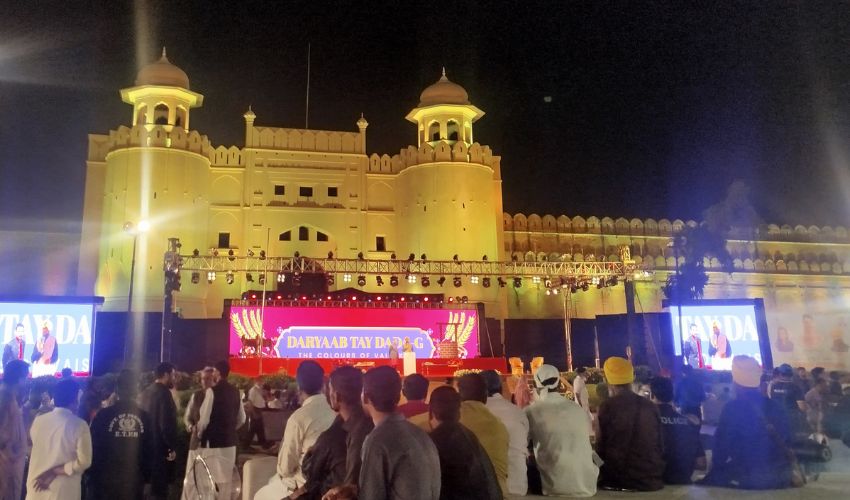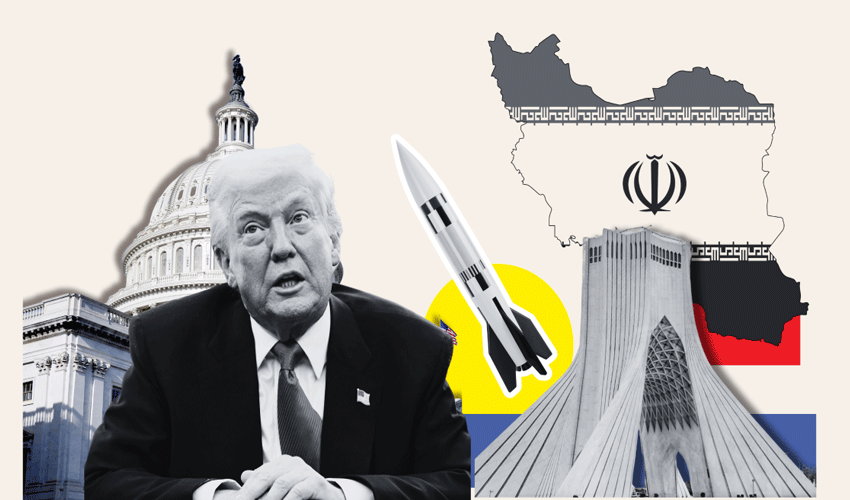The Election Commission of Pakistan (ECP) has scheduled a hearing for the case against Pakistan Tehreek-e-Insaf (PTI) chairman Imran Khan on November 13.
The case pertains to allegations of contempt of the ECP and the Chief Election Commissioner. Summoning notices have been issued to formally charge the PTI chairman.
Simultaneously, the hearing for the cases involving Asad Umar and Fawad Chaudhry is also set for November 13.
The proceedings indicate a significant legal development, with multiple party leaders facing allegations related to their conduct during interactions with the electoral watchdog.
Previously, the caretaker government declined to present Imran Khan before the Election Commission, citing security threats to the incarcerated former prime minister.
The Commission was conducting a hearing on the contempt case involving the Pakistan Tehreek-e-Insaf (PTI) chairman and other party leaders, including Asad Umar and Fawad Chaudhry. While Umar and Chaudhry were present, Khan was represented by his counsel, Shoaib Shaheen.
During the hearing, the Punjab Police informed the Election Commission that, due to security threats, it was not feasible to bring the 71-year-old leader from Adiala Jail in Rawalpindi for the cipher case.
Representing the interior ministry, a Punjab Police officer conveyed the threats to Khan's life. ECP members questioned the officer's assurance, expressing dissatisfaction with the response. They asked how security agencies could ensure safety during the upcoming general elections if they couldn't provide adequate security to one person.
The senior police official suggested holding the hearing in Adiala Jail, prompting the ECP's response that ordering a hearing in Adiala was not feasible. The ECP decided to summon Interior Secretary Aftab Akbar Durrani and adjourned the hearing until November 13.
Imran Khan was arrested in August on charges of violating the Official Secrets Act by disclosing a secret diplomatic cable (cipher) from the country's embassy in Washington. Separately, the Islamabad High Court rejected Khan's intra-court appeal against his jail trial in the cipher case, with the bench dismissing the plea despite arguments that the federal government lacked the authority to issue a notification for the trial in prison.



























